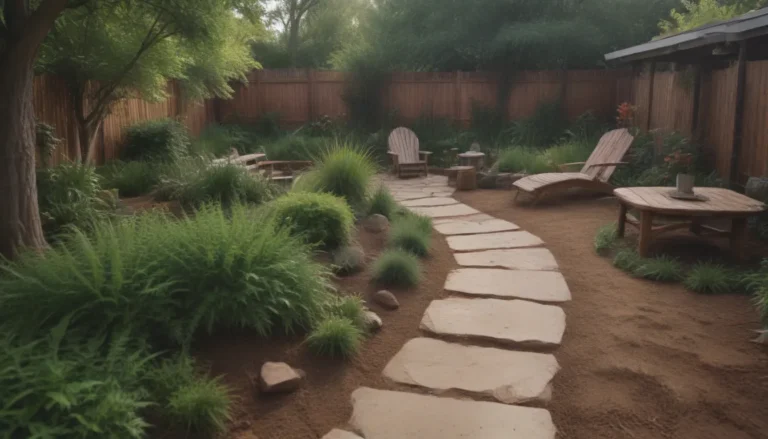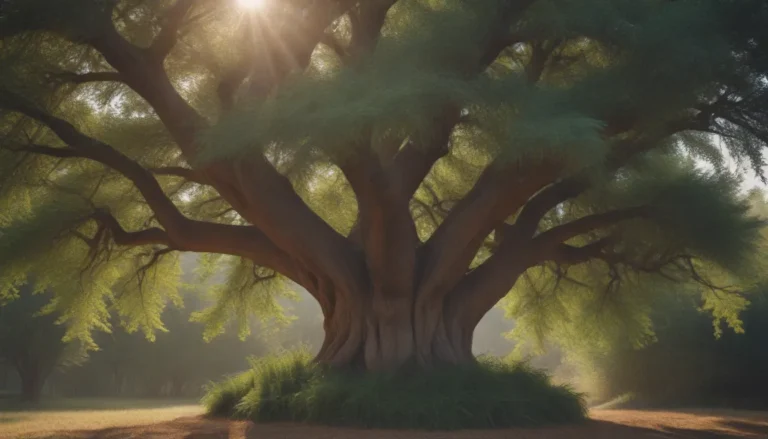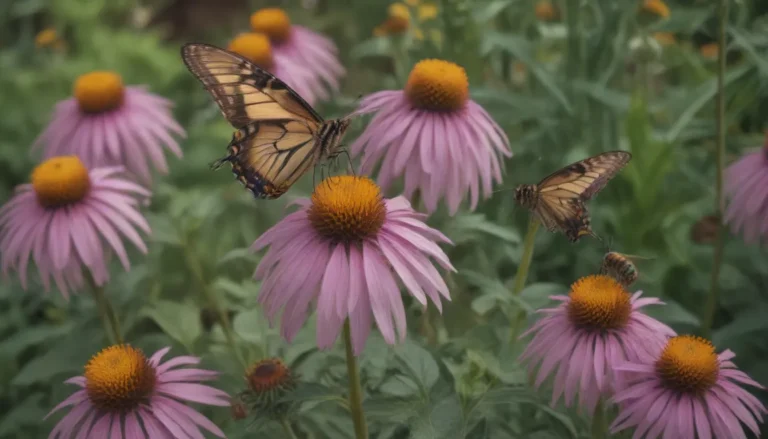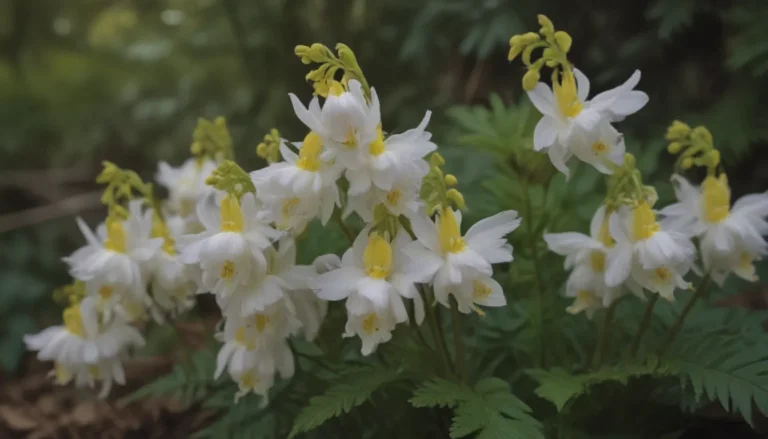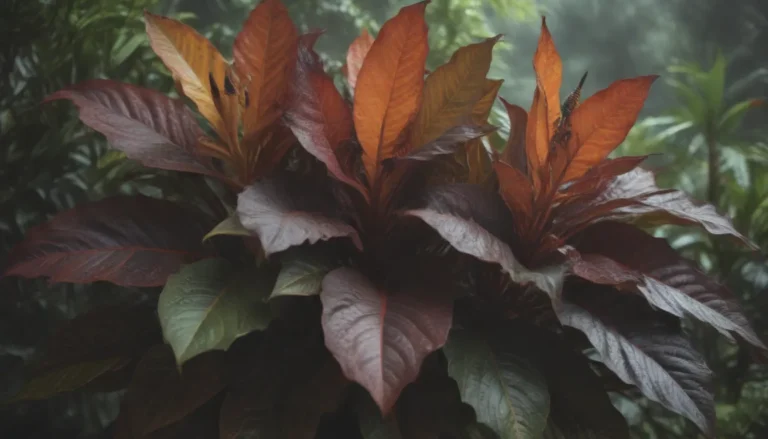How to Make the Most of Compost in Your Garden
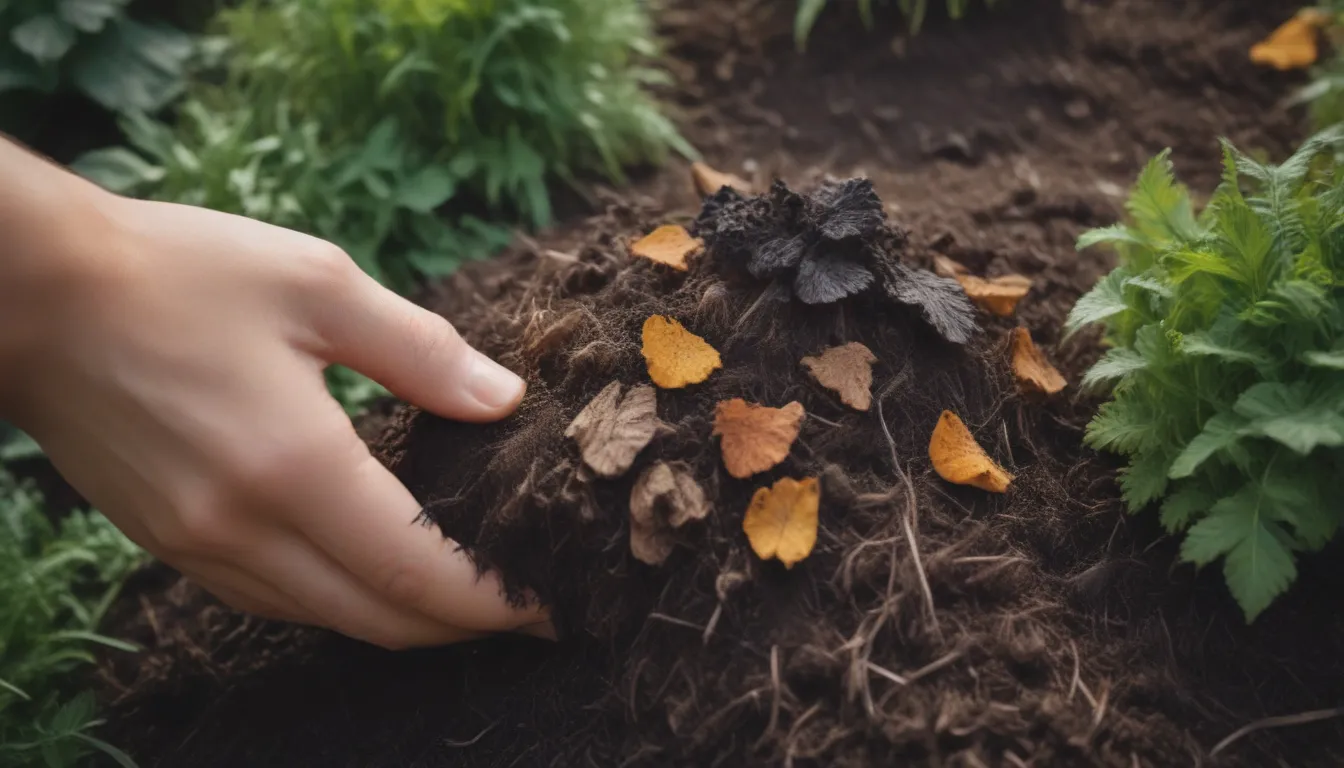
Compost is like a secret weapon for every gardener – it’s the black gold that can make your plants thrive without breaking the bank. But before you start sprinkling it around your garden, there are a few things you need to know. Using compost too early, using too much of it, or using it at the wrong time can actually harm your plants. So, let’s dive into the world of compost and learn how to use it effectively in your garden.
Knowing When Your Compost is Ready
It’s easy to tell when your compost is ready to be used. Mature compost should have a rich, dark brown color – almost black. The original materials you put in should no longer be recognizable; everything should have turned into a crumbly, soil-like substance with an earthy smell. If you still see recognizable materials or if your compost is releasing heat, it’s not quite ready yet. Give it a few more weeks to fully mature. If you come across hard materials like fruit pits or twigs that take a long time to break down, simply screen them out before using the compost.
Timing is Everything
The best time to use compost depends on its maturity. Fully matured compost can be used any time in the spring, summer, or fall. However, if your compost is not fully matured, it’s best to use it in the fall. This is because the microorganisms in immature compost need nitrogen to decompose, and this nitrogen is taken away from your plants. By spreading the compost in the fall when plants are dormant, the microorganisms can work without affecting your plants.
4 Ways to Use Compost in Your Garden
Soil Improvement
- All types of soil benefit from organic matter.
- It improves soil texture, microorganism activity, and nutrient uptake.
- Loosens up compacted soil, helps sandy soil retain moisture, and improves aeration in clay soil.
- Enhances soil’s ability to hold important nutrients and makes soil minerals available to plant roots.
- Keep soil pH stable.
When using compost for soil improvement, spread a layer 2 to 3 inches thick over the soil and incorporate it with a tiller, shovel, or garden fork. It’s important to use compost in moderation, about once a year, as only 3 to 6 percent of soil consists of organic matter.
For Potted Plants
- Mixing compost into your potting mix improves water-holding capacity.
- Don’t use too much compost in containers to avoid root burn.
- Spread a layer on top or mix up to 30% compost with 70% potting mix.
As a Fertilizer
- While compost adds some nutrients to the soil, it’s not a sufficient fertilizer on its own.
- Use commercial fertilizers for plants with specific nutrient needs.
- Sspread a thin layer of mature compost over your lawn or in your vegetable garden as a top-dressing in addition to other fertilizers.
For Mulching
- Compost can be used as a mulch, but it’s not as effective at suppressing weed growth compared to other materials.
- Use compost to enrich the soil and retain moisture – consider using bark mulches or woody materials for weed suppression.
- Layer compost below other mulches for best results.
Storing Your Compost
Even though fully matured compost is less attractive to rodents, it’s still important to store it properly. Cover your compost with an impermeable cover to protect it from the elements and prevent weed growth. If left uncovered, weeds can contaminate your compost with seeds. Only leave your compost uncovered if you’re using it for growing crops, as they thrive on the compost pile.
Remember, compost is your garden’s best friend. By using it wisely and following these tips, you can make the most of this natural goldmine and watch your garden flourish. Soil Organic Matter. Cornell University Cooperative Extension. Organic Soil Amendments. University of Florida.
